You are here
Back to top[Press Release] BASF and StePac Partner To Develop Sustainable Packaging for Shelf-Life Extension of Fresh Produce
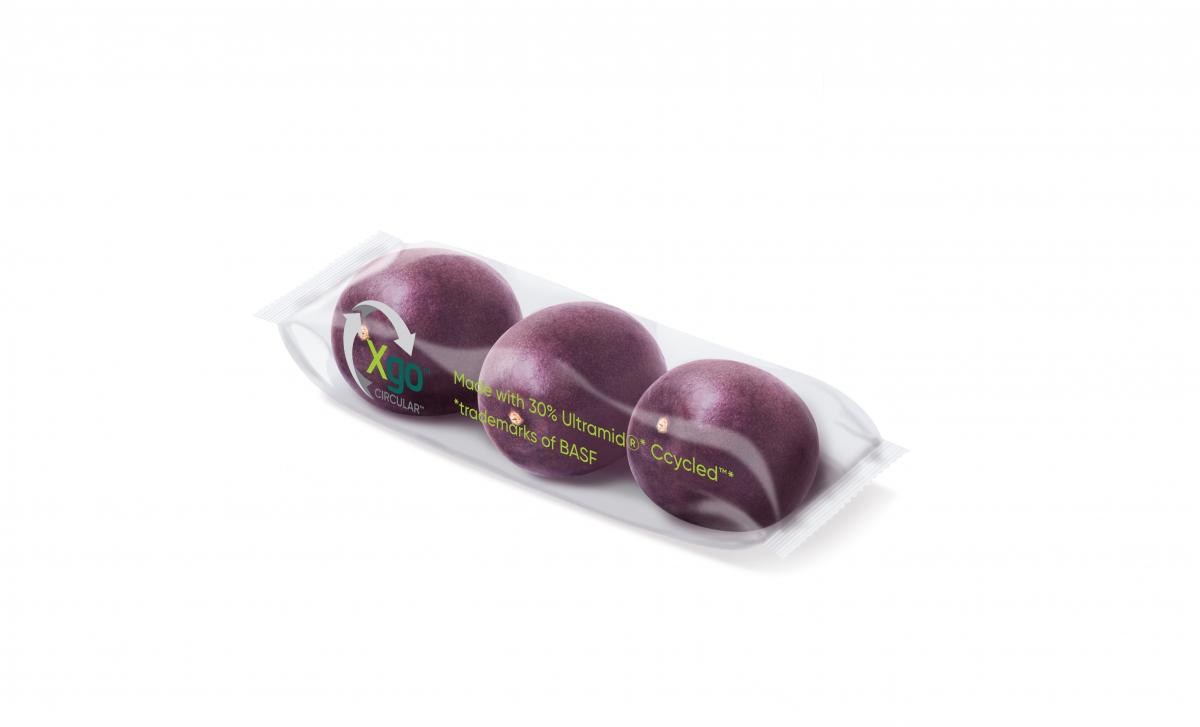
This content has been published as provided by its author. It has not been modified by Produce Report except for necessary website formatting.
BASF SE (Ludwigshafen, Germany) and StePac Ltd. (Tefen, Israel) have joined forces to create the next generation of sustainable packaging specifically for the fresh produce sector. Supplying StePac with its Ultramid® CcycledTM, a chemically recycled polyamide 6, BASF will provide its partner greater flexibility to advance contact-sensitive packaging formats to a higher sustainable standard within the circular economy.
StePac, specialized in developing advanced functional packaging solutions, is pioneering the use of chemically recycled plastics for the packaging of fresh perishables. The company was recently REDcert2 certified to incorporate chemically recycled polyamide 6 into its flexible, modified atmosphere packaging (MAP) products. Their two brands XgoTM and Xtend® are based on MAP technology with built-in humidity control which effectively slows respiration inside the packaging, delays the aging processes, inhibits microbial decay, and preserves the quality and nutritional value of the produce during prolonged storage and long-haul shipments. Ultramid Ccycled will make up 30% of the packaging material, with options for integration at a higher percentage.
“This alliance will help strike a balance between creating plastic packaging that is as eco-friendly as possible to keep fresh produce longer through more prudent use of lean plastic films,” said Gary Ward, Business Development Manager of StePac. “These upgraded packaging formats will continue to maintain their role of significantly reducing food waste, a most important task considering that global food waste is responsible for about 8% of anthropogenic greenhouse gas emissions.”
With ChemCyclingTM, BASF has been breaking new ground in the recycling of plastic waste. Chemical recycling primarily involves plastic waste that would have been used for energy recovery or landfilled. It complements mechanical recycling, accelerating a circular economy by yielding food-grade recycled plastic. “In a thermochemical process, our partners obtain recycled feedstock from these end-of-life plastics, which is then fed into the BASF Verbund. Using a mass balance approach, the raw material can be attributed to specific products, such as Ultramid Ccycled”, explained Dr. Dominik Winter, Vice President of BASF’s European polyamides business. “This helps to replace fossil raw materials and is an important step towards circularity. As chemically recycled plastics have the same quality and safety as virgin material, the scope of plastics that can be recycled for fresh produce packaging is widened.”
Colombian passion fruit exporters Jardin Exotics, S.A.S. will be the first to use the new packaging brand Xgo™ Circular™. Supplied as film for horizontal form fill-and-seal, the packaging’s MAP properties will slow the ripening process and preserve the quality of the fruit during the long sea voyage from Colombia to Europe. Packing at-source in the final retail packaging format also eliminates the need for repacking after arrival. For passion fruit, the combination of the produce specific modified atmosphere properties of the film together with its high-water vapor transmission rate are what makes this film unique in its performance.



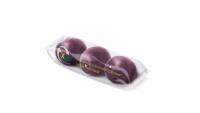
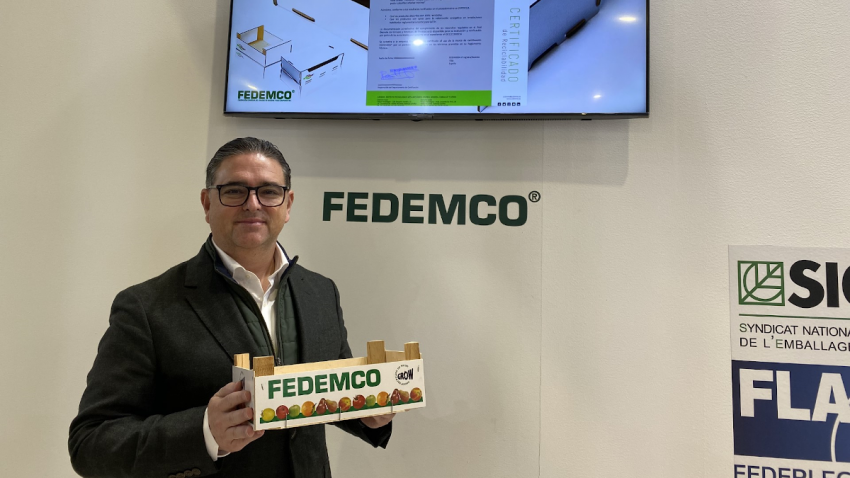
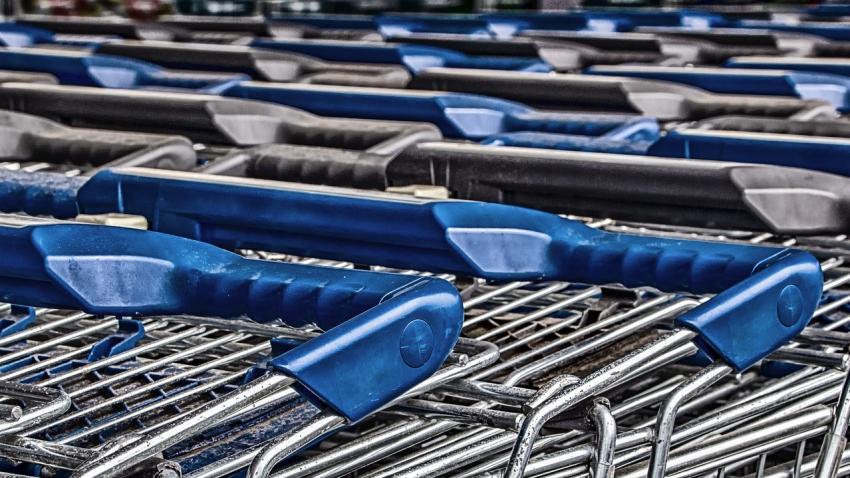
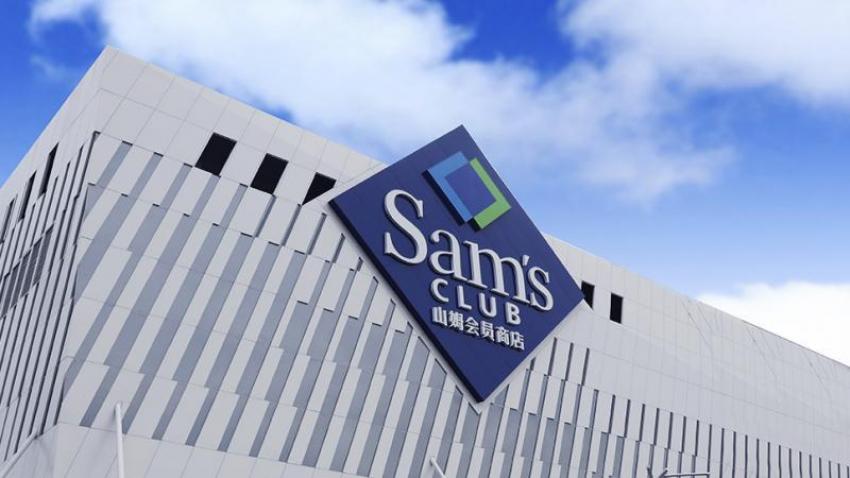
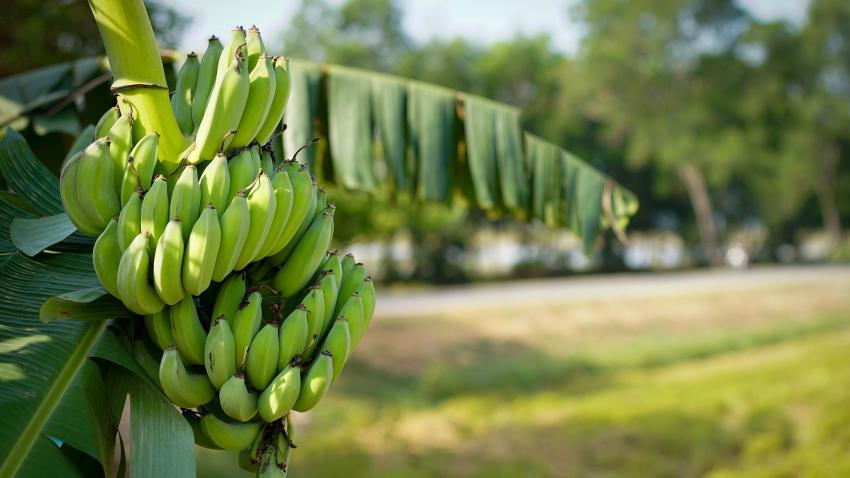









Add new comment